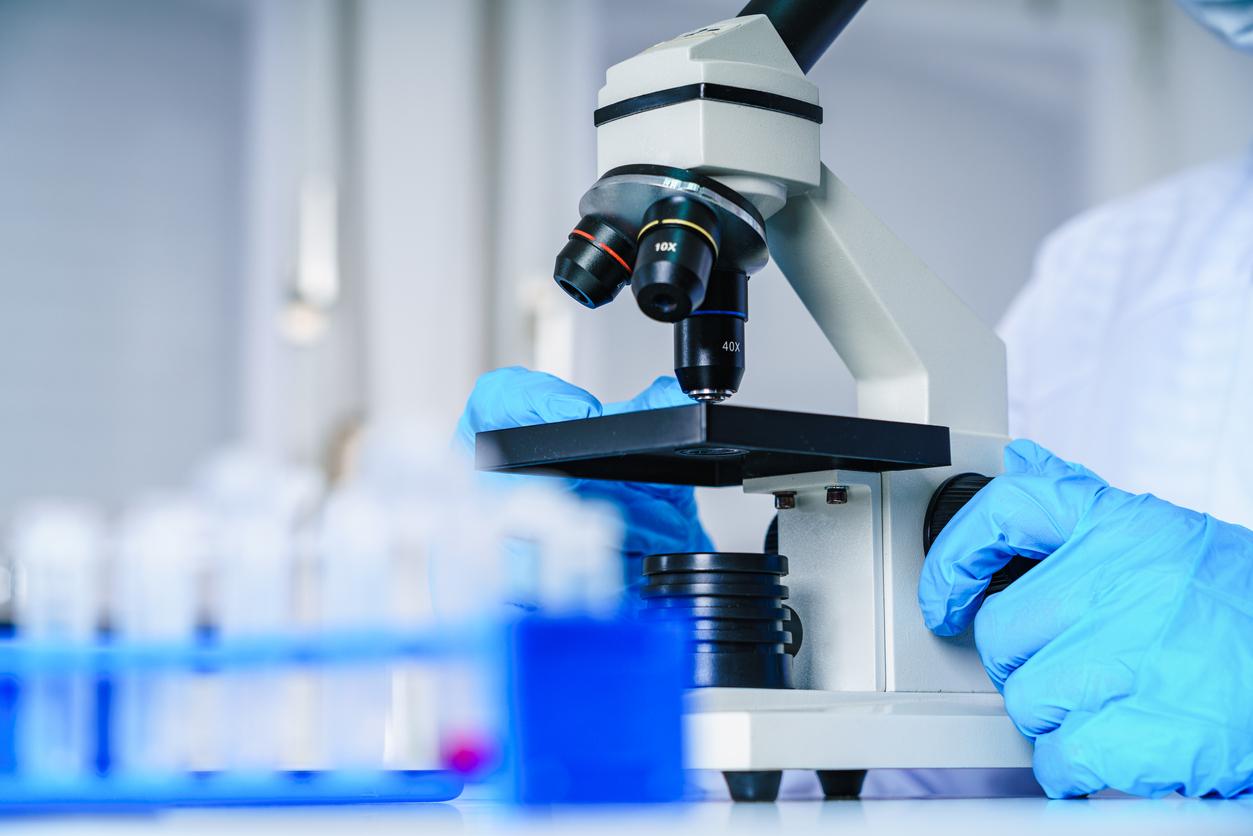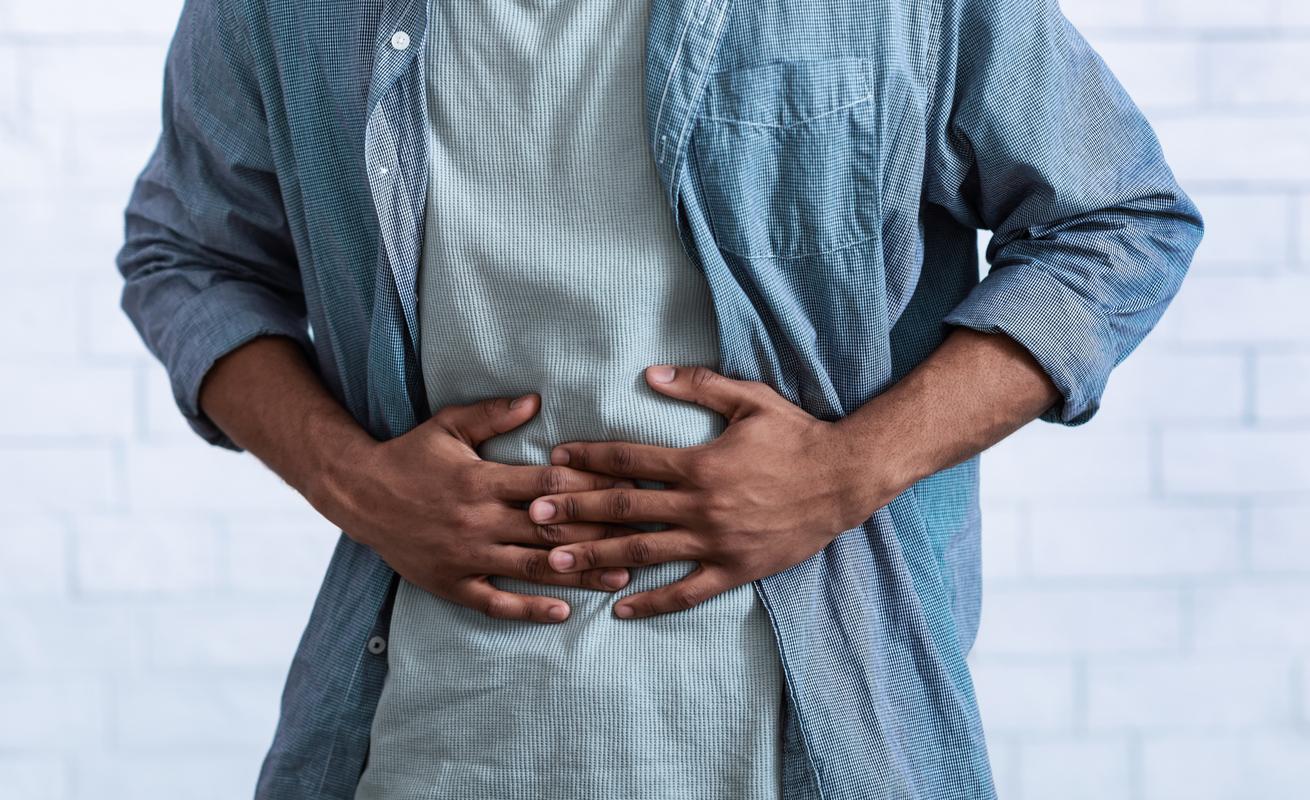
Attention for gastrointestinal complaints and fat burning
Many people start their day sporty, by first walking, running or swimming. One prefers to do this on an empty stomach (sober), the other prefers to eat a sandwich with jam or a banana first. But what’s better now?
Gastrointestinal complaints that often occur during exercise are divided into complaints of the upper digestive organs (heartburn, chest pain, bloating and vomiting) and the lower digestive organs (cramps, belching, urgency and diarrhea). These complaints can be the result of, among other things, the increased pressure that is placed on the organs. Cyclists, for example, are more likely to suffer from complaints of the upper digestive organs, because they bend forward on the bike. Runners are more likely to suffer from complaints of the lower digestive organs, because they experience resistance and vibration from their legs.
Nutrition can have a major influence on such gastrointestinal complaints. In particular, scientific research has shown that nutrients that naturally slow gastric emptying can cause gastrointestinal upset during exercise. These are: dietary fiber, fat, proteins and high fructose concentrations (fruit sugar; in sports drinks, for example). In addition, dehydration (as a result of drinking too little before or during exercise) can worsen gastrointestinal complaints.
If you are prone to gastrointestinal complaints during exercise, the advice is not to eat a large meal within two to three hours before exercise. You could possibly eat a small snack that contains little dietary fiber, fat, protein and/or fructose. In addition, make sure that you drink enough.
Improve sports performance
For years, endurance athletes (mainly cyclists and runners) have chosen to exercise sober. This strategy is called ‘fat-burning training’. Broadly speaking, this strategy would accomplish the following:
When you eat something, the hormone insulin rises in the bloodstream. Insulin suppresses (roughly 35 percent of) fat burning. This effect lasts about six to eight hours after eating. The highest fat burning would therefore only take place six to eight hours after eating. Under normal circumstances, this is in the morning, when you get out of bed (sober). If you then start exercising, you would therefore benefit from the highest fat burning. The increased availability of fats for fat burning would also ensure that the glycogen stores (sugar stores) in the muscles need to be used less quickly. The more (and the longer) energy is available for the muscles, the more positive the effect on sports performance will be.
The above theory seems very plausible. Differences in fat burning have also been shown between fasting and non-fasting athletes. Also in the field of gene expression (expressing genes involved in fat burning). However, the research results of scientific studies are not (yet) unequivocal. Researchers from the University of Leuven (Belgium), among others, have investigated the above theory. For example, they saw no differences in fat burning between the fasting group and the non-fasting group during exercise.
Moreover, sober sports can lead to you having too little energy to exercise both intensively and for a long time (more than one hour). ‘Fat-burning training’ may therefore be more feasible during low/moderately intensive short-term sports (such as a brisk walk) than during intensive sports.
To lose weight
Due to the same principle as ‘fat-burning training’, it is sometimes thought that sober exercise promotes a decrease in fat percentage and weight loss. Scientific research has not yet clearly shown that this is the case.
Conclusion
There are no reasons to choose sober sports over non-sober sports. This is in line with the advice of the Nutrition Center. Fasting exercise does not lead to more fat burning during exercise and more weight loss after exercise than non-fasting exercise. More scientific research is needed to find out whether fasting exercise actually offers more benefits than non-fasting exercise.
Only those who are prone to gastrointestinal complaints during exercise are advised not to eat a meal too short in advance. If this does not help enough against the gastrointestinal complaints, they can try whether fasting sports offer a solution.
Sources
- Jeukendrup A., Gleeson M. (2010). Sports Nutrition. Second edition. Human Kinetics.
- Nutrition center. Planning: eating and drinking around exercise.
- Aird TP, Davies RW, Carson BP (2018). Effects of fasted vs fedsstate exercise on performance and postsexercise metabolism: A systematic review and metasanalysis. Scandinavian Journal Of Medicine & Science In Sports.
- Chen YC, Travers RL, et al. (2017). Feeding influences adipose tissue responses to exercise in overweight men. American Journal of Physiology Endocrinology and Metabolism.
- Hackett D., Hagstrom AD, et al. (2017). Effect of Overnight Fasted Exercise on Weight Loss and Body Composition: A Systematic Review and Meta-Analysis. Journal of Functional Morphology and Kinesiology.
- Vieira AF, Costa RR, et al. (2016). Effects of aerobic exercise performed in fasted v. fed state on fat and carbohydrate metabolism in adults: a systematic review and meta-analysis. British Journal of Nutrition.
- Schoenfeld BJ, Aragon AA, et al. (2014). Body composition changes associated with fasted versus non-fasted aerobic exercise. Journal Of The International Society Of Sports Nutrition.
- Gillen JB, Percival ME, et al. (2013). Interval training in the fed or fasted state improves body composition and muscle oxidative capacity in overweight women. obesity.
- De Bock K., Derave W., et al. (2008). Effect of training in the fasted state on metabolic responses during exercise with carbohydrate intake. Journal of Applied Physiology.










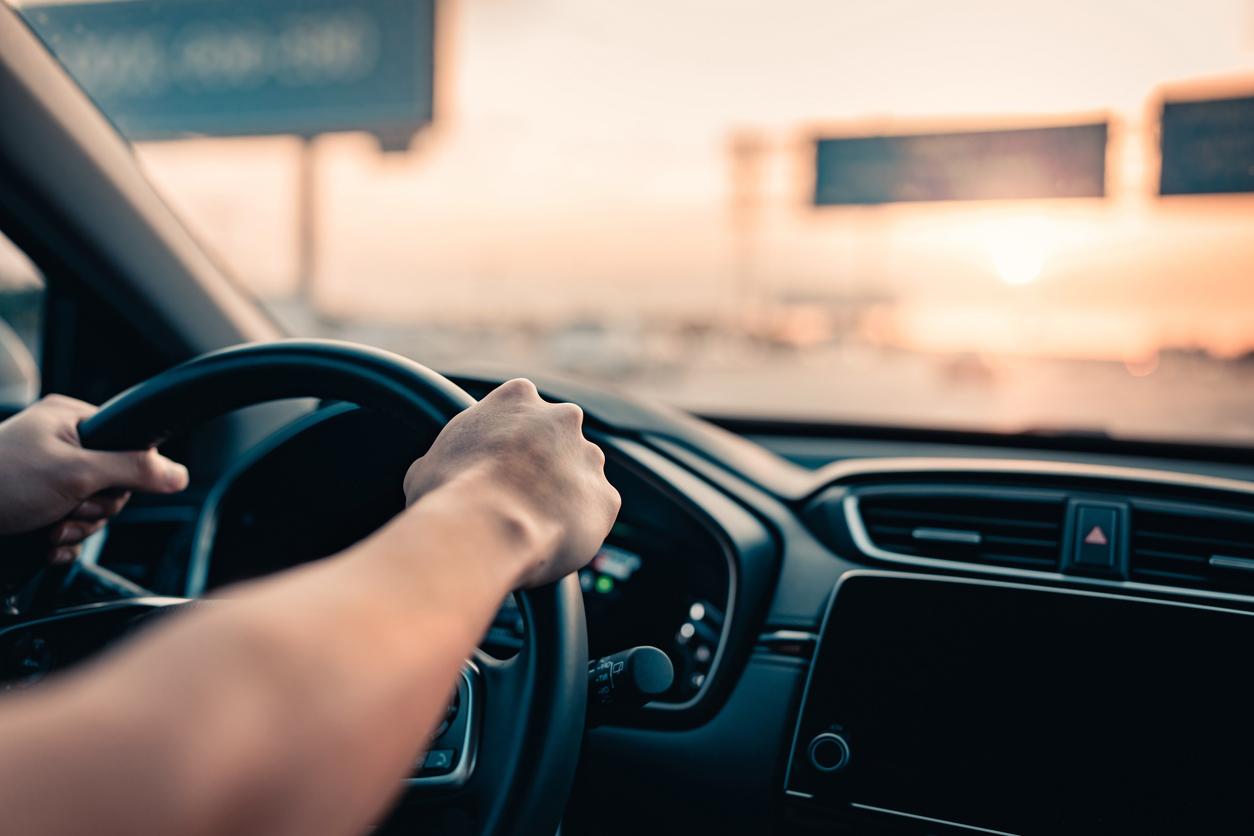

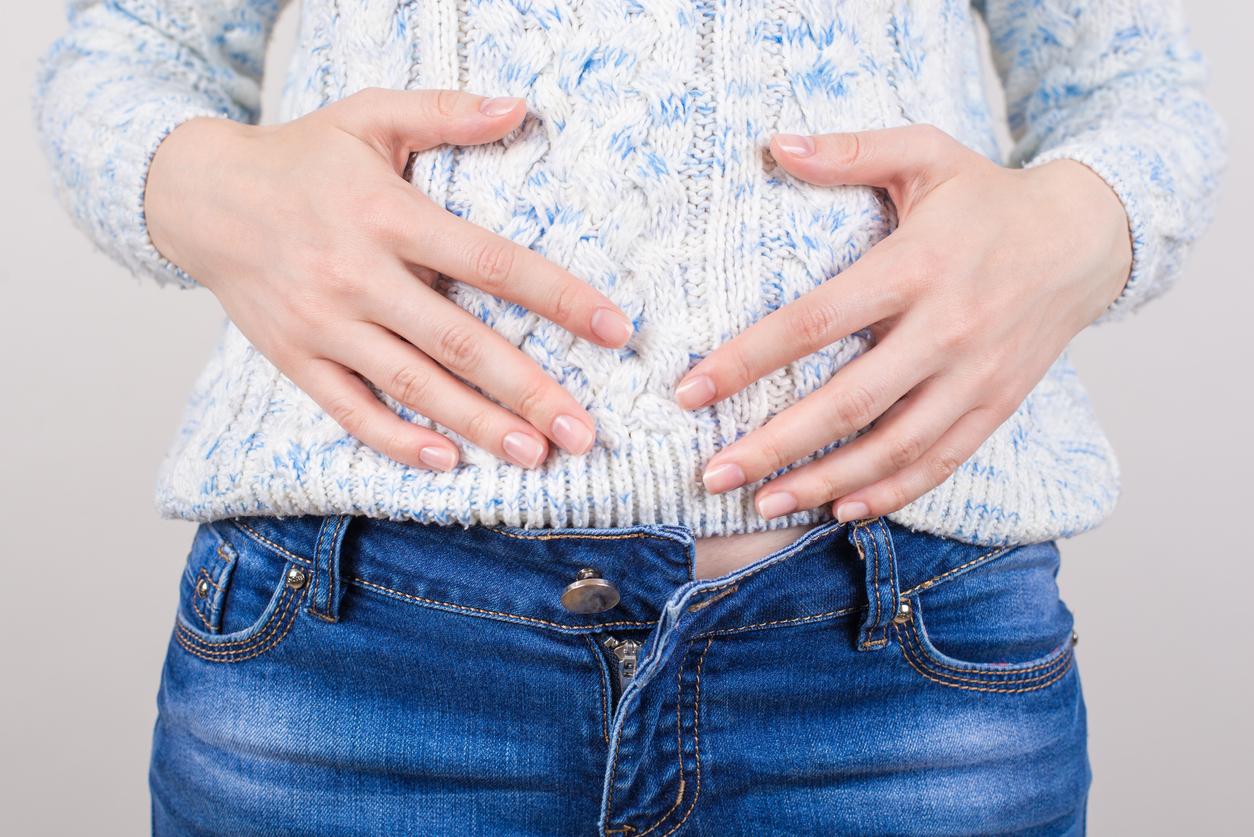
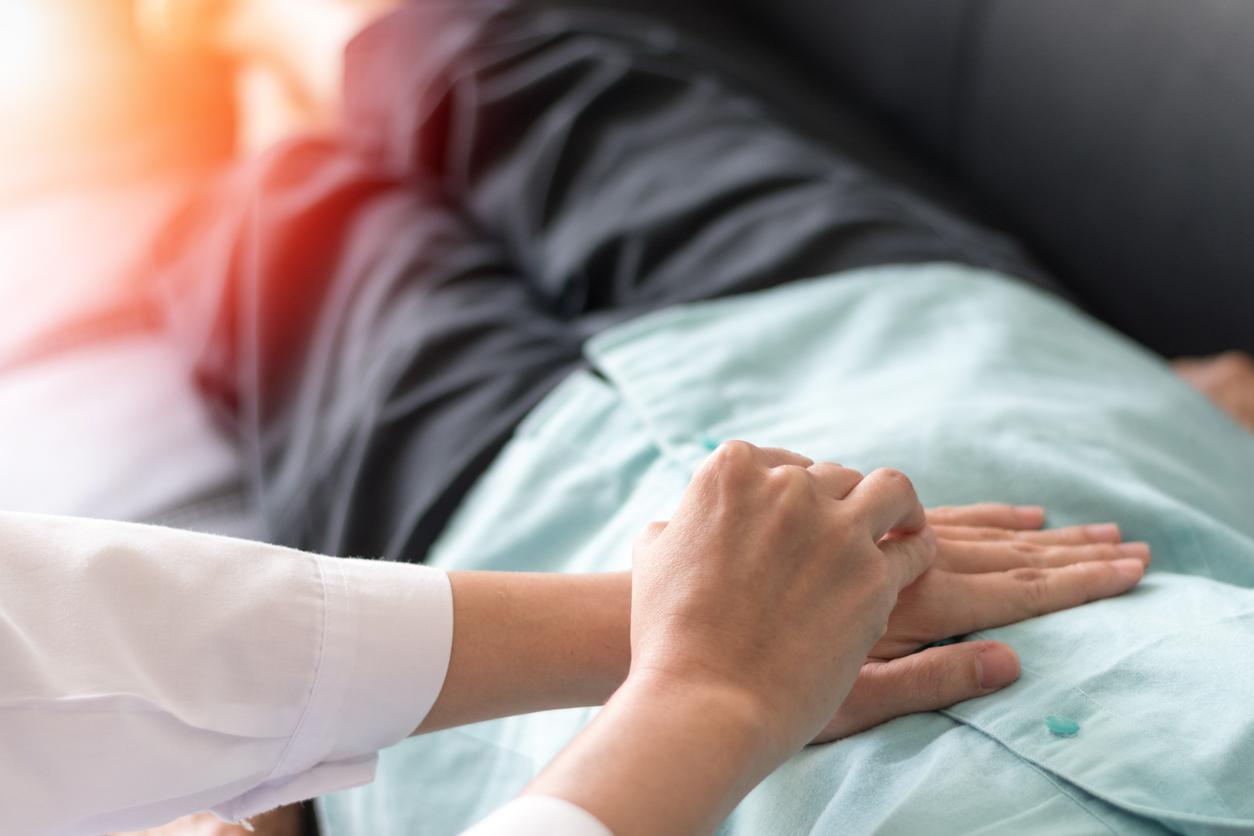
-1698484526.jpg)

